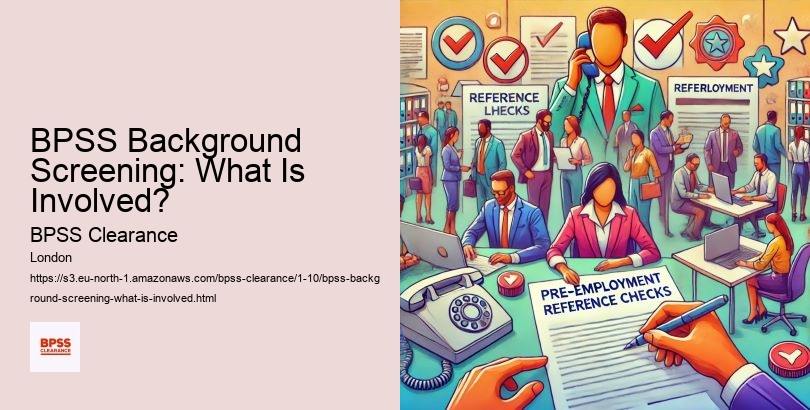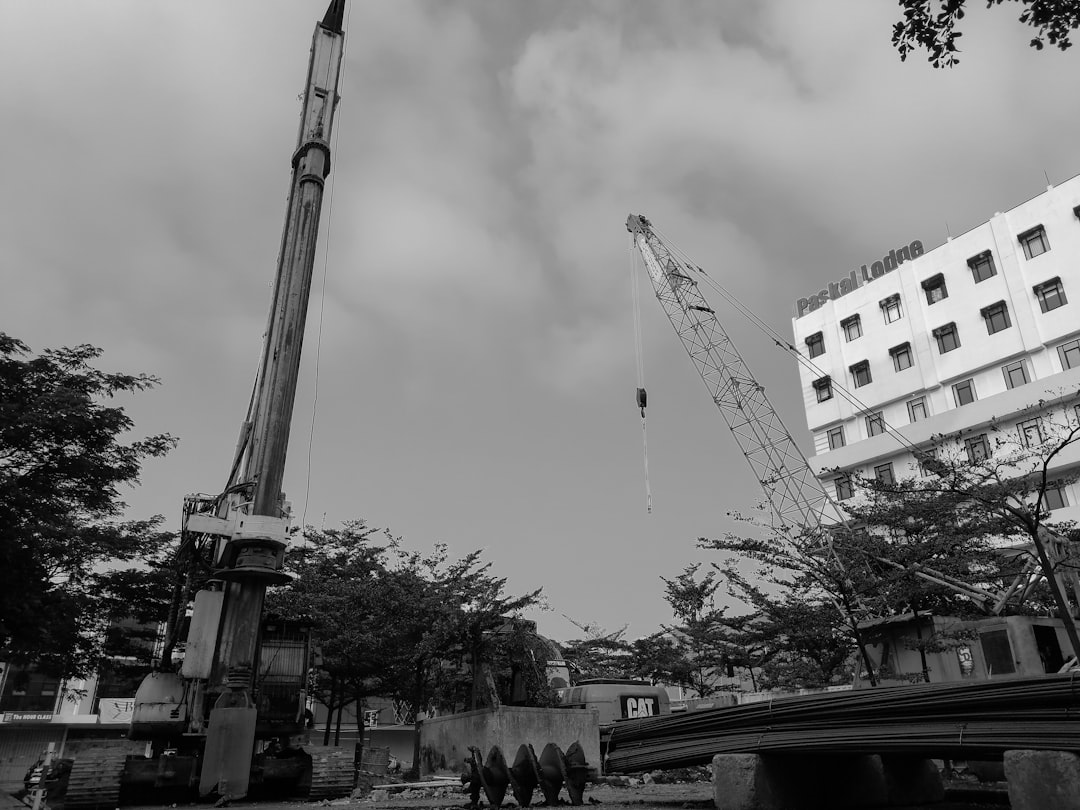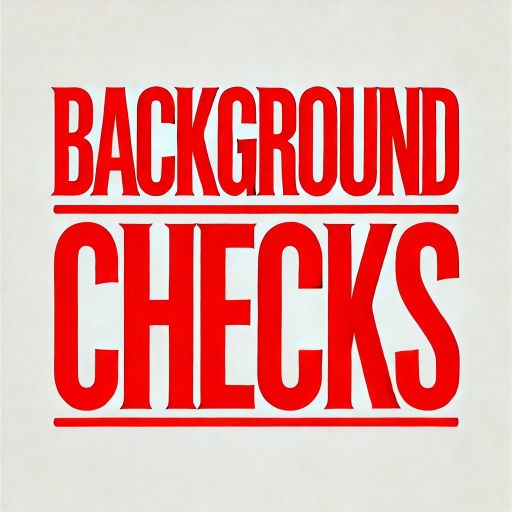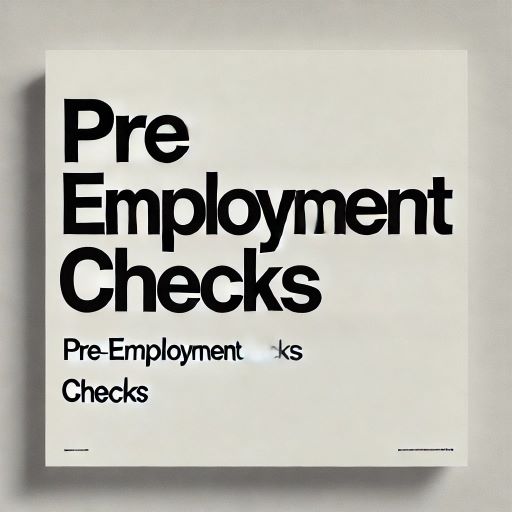

It ensures that individuals handling classified information or involved in security-sensitive activities are appropriately vetted and continuously monitored throughout their employment. Enhanced technological advancements are shaping the future landscape of BPSS compliance, offering quicker and more accurate identity verification processes. This step is essential not only for legal compliance but also for ensuring the reliability of the workforce in sensitive or security-related roles.
BPSS does not have a formal ongoing monitoring or renewal policy; it is primarily conducted at the time of hiring. Each of these areas is carefully examined to ensure that the individual does not pose a security risk.
When comparing BPSS checks to other screening processes, it becomes evident that BPSS focuses specifically on verifying identity, right to work status, criminal records, and employment history. Vetting process BPSS is essential for roles accessing sensitive government assets, whereas DBS is commonly used in sectors like healthcare and education. speed up your recruitment process using bpss clearance services that are fast , accurate and affordable.
Providing evidence of at least three years of employment history is an important requirement for BPSS clearance. This step must be done in person or, following recent updates, via online checks using the Home Office's online right to work checking service, which provides real-time information about the entitlements of potential employees.
Organizations that fail to properly conduct BPSS clearance may face significant risks, including security breaches and legal consequences. Criminal Records Check: Verification of any unspent criminal records is crucial for evaluating suitability for BPSS clearance. This process not only supports the legal operation of businesses but also protects against potential security risks associated with unauthorized employment.
In conclusion, the right to work check is a fundamental part of BPSS checks in the UK, ensuring legal compliance and upholding high security standards within organizations. According to the Equality Act 2010, it is illegal for employers to discriminate against candidates on the basis of protected characteristics such as race, religion, sex, age, and disability.
Follow our guide to apply for BPSS clearance successfully.

Posted by Jasmine Roberts on 2024-10-08
Keep your BPSS clearance active with proper renewals.

Posted by Jasmine Roberts on 2024-06-24
Learn how BPSS clearance protects government data.

Posted by Jasmine Roberts on 2024-06-14
Learn how employers can ensure BPSS compliance.

Posted by Jasmine Roberts on 2024-06-08
Avoid these common BPSS clearance application mistakes.

Posted by Jasmine Roberts on 2024-05-29
These components ensure that the individual is appropriately vetted for security-sensitive positions but do not delve into extensive criminal history unless necessary for the role. These documents are essential for confirming your eligibility and identity during the clearance process. The right to work check under BPSS serves as a legal safeguard that prevents illegal employment.
Candidates can upload necessary documents directly through secure online portals, which are immediately accessible to HR departments and vetting personnel. Your BPSS clearance is typically valid for 3 years from the date of issue.
Proper documentation plays an important role in confirming your eligibility and suitability to handle sensitive government information during the BPSS verification process. If you have been self-employed, invoices to clients and bank statements showing payments received can serve as evidence.
Although the right to work is typically verified at the start of employment as part of BPSS checks, it may need to be reverified if an individual's circumstances change, such as the expiration of a visa or changes in immigration status. The act mandates how personal data, including data collected during BPSS clearance, should be handled-ensuring it is processed lawfully, fairly, and transparently.

Ensuring that all employees undergo BPSS clearance before taking on roles that involve access to sensitive information is key to maintaining operational security and complying with national security regulations. The detailed guidelines of BS7858:2019 make it indispensable for security-sensitive industries looking to uphold the highest standards of reliability and safety. During the renewal process, you'll need to undergo re-verification of your right to work, identity, criminal records, and employment history to confirm continued eligibility.
Finally, while both BPSS and BS7858:2019 are crucial for their respective fields, the choice of which standard to apply depends on the specific needs of the organization and the nature of its work. For compliance, it is vital that employers keep records of the documents checked as part of the right to work process.
The integration of digital technologies has streamlined the BPSS clearance process, making it more efficient and less prone to errors. Organizations must understand the differences to ensure they are implementing the correct type of check for their specific needs.
Temporary staff within government organizations may also need a BPSS check as part of pre-employment screening procedures. These records must be stored securely and retained for the duration of the employee's employment and for two years afterwards, as stipulated by the Home Office.

This process is crucial in safeguarding the nation's security infrastructure and upholding public safety standards. Providing a valid passport or driver's license is essential for verifying your identity when applying for BPSS clearance. They work in environments with young and vulnerable individuals and must ensure a safe and secure educational setting.
By ensuring that employees do not have harmful criminal backgrounds, organizations can maintain a safe and secure working environment. However, it also necessitates stringent measures to guard against potential cybersecurity risks.
Therefore, full disclosure and honesty regarding any unspent criminal records are crucial steps in the BPSS application process. It's essential to provide accurate information and meet the trustworthiness standards to pass the screening process.
These documents serve as primary forms of identification and are vital in confirming who you are. This includes various roles within the public sector, such as in defense, health services, and law enforcement.


DBS checks, on the other hand, are regulated by the Home Office and are designed to prevent unsuitable people from working with vulnerable groups. This step ensures that the individual has the right to work and is not illegally residing in the country, which is particularly important for maintaining lawful employment practices in sensitive environments. Understanding the nuances of this screening procedure could shed light on its significance in today's security-conscious landscape.
Your proof of identity, employment history, and national and immigration status play an essential role in this process. Proper identification is the cornerstone of the BPSS clearance process and helps maintain the integrity of the workforce within protected sectors.
Such issues require additional investigation and possibly further documentation, which can prolong the process. This legal framework ensures that BPSS checks are conducted in a manner that is secure, ethical, and compliant with the broader objectives of national security and public safety.
This ensures that any changes that might affect an individual's security status are identified and managed effectively, maintaining continuous security compliance. Renewal is required after the 3-year period to maintain access to government assets.3.
The clearance is essential to safeguard national security and operational integrity within the armed forces. The process of obtaining BPSS clearance includes a detailed review of the applicant's identity documents, such as passports or driver's licenses. While BPSS itself is not mandated by specific laws, it operates under the broader legal and regulatory framework that governs national security and employment practices in the UK.
Additionally, Security Check (SC) and Counter-Terrorist Check (CTC) clearances offer access to more classified data than BPSS, making them essential for roles with heightened security requirements. Reviewing a candidate's employment history is another vital component of the BPSS checks.
BPSS checks are typically required for individuals working in, or on behalf of, the UK government. However, delving into the specifics of unspent criminal records and time spent abroad might hold the key to your successful clearance.
Here's what you need to know:Valid documents such as a passport or a Home Office document are required to prove your national and immigration status. Baseline Personnel Security Standard (BPSS) clearance is a fundamental security check within the UK, primarily designed to prevent individuals who may pose a threat to national security from gaining access to government and sensitive information.

Employers verify BPSS eligibility through document checks, identity verification, criminal records, and references. Accurate and complete submissions speed up the process.
BPSS Clearance involves verifying an individual’s identity, employment history, right to work, and criminal record. This ensures that only eligible candidates are employed in sensitive positions.
BPSS Clearance is legally required for certain roles involving access to sensitive government data or secure environments. Employers must comply with UK vetting policies.